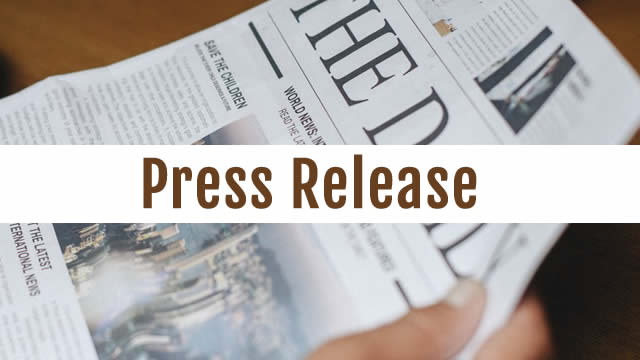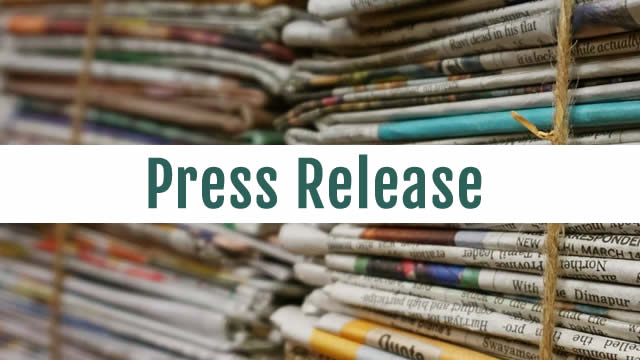Wolters Kluwer’s Share Buyback Program: A Detailed Look
On March 27, 2025, Wolters Kluwer, a leading global provider of professional information, software solutions, and services, announced the repurchase of 118,195 of its own ordinary shares. The shares were bought back in the period between March 20 and March 26, 2025, for a total amount of €16.9 million.
Financial Implications for Wolters Kluwer
These repurchases were made under the share buyback program announced on February 26, 2025. According to the program, Wolters Kluwer intends to repurchase shares worth up to €1 billion during 2025. The average share price during this period was €143.23.
Impact on Wolters Kluwer Shareholders
The share buyback program is good news for Wolters Kluwer shareholders. By buying back shares, the company reduces the number of shares in circulation, which can lead to an increase in the price per share. This can result in higher capital gains for shareholders, especially those who hold their shares for the long term.
- Reduction in the number of shares in circulation
- Potential increase in the price per share
- Possible higher capital gains for long-term shareholders
Impact on the Global Market
The share buyback program by Wolters Kluwer is just one of many similar initiatives by large companies. Share buybacks have become a popular tool for companies to return excess cash to shareholders and to manage their share price.
From an economic perspective, share buybacks can have both positive and negative effects. On the positive side, they can lead to increased demand for shares, which can help to stabilize or even boost stock prices. However, they can also reduce the number of shares available for new investment and can potentially lead to a misallocation of corporate resources.
- Increased demand for shares
- Potential stabilization or boost of stock prices
- Possible misallocation of corporate resources
Conclusion
Wolters Kluwer’s share buyback program is a significant development for the company and its shareholders. The repurchase of 118,195 shares for €16.9 million is a step towards the company’s goal of repurchasing shares worth up to €1 billion during 2025. This initiative is expected to result in higher capital gains for long-term shareholders and could potentially lead to a reduction in the number of shares in circulation, which could boost the price per share.
From a global perspective, the share buyback program by Wolters Kluwer is just one of many similar initiatives by large companies. While share buybacks can have positive effects, such as increased demand for shares and potential stock price stabilization, they can also have negative consequences, such as a misallocation of corporate resources.
As a curious human, I find it fascinating to see how companies like Wolters Kluwer manage their financial resources and interact with the global market. The share buyback program is just one of many tools that companies use to create value for their shareholders and to navigate the complex world of finance. Stay tuned for more insights and updates on this topic!





